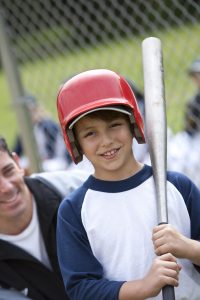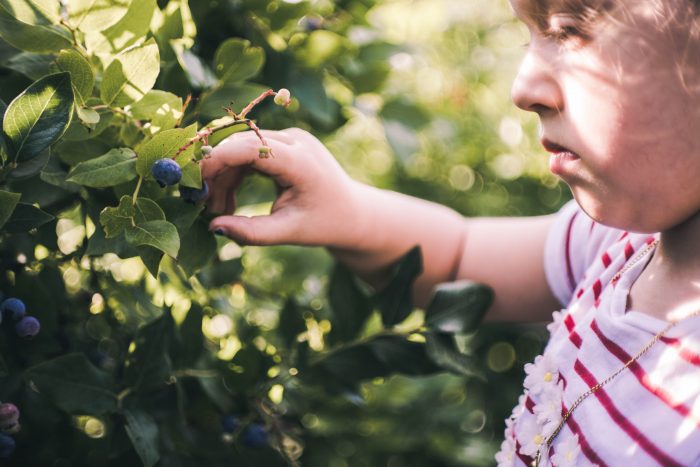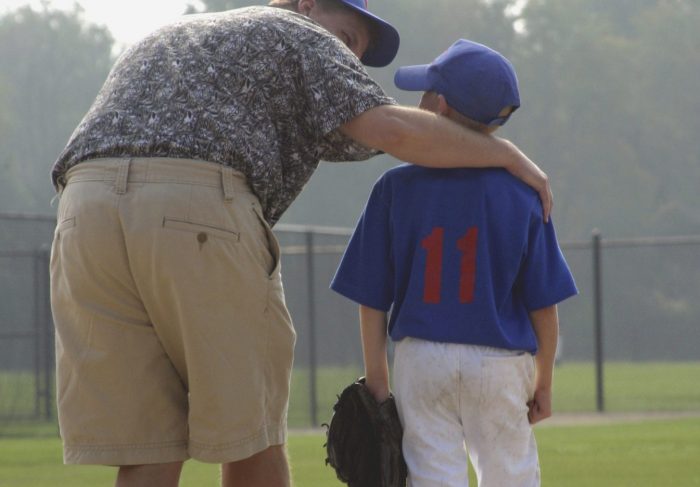By Daniel Dunaief

Long ago, back when my son was shorter than I, and when he listened to more of what I said, I was driving him and his teammate back from a baseball game that was more than an hour away from our house.
Those were the days when such long rides were part of our weekend routine, as we packed athletic gear, food, paper towels and flip-flops into the car to enable our children to compete against other children from distant towns or neighboring states, while also taking off their cleats and running into a deli to use the bathroom.
I don’t recall the details of the game because, even then, my son played in so many of them that the entire montage of memories blurs into a collection of highs, lows and everything in between.
Halfway home, we were the first car to stop at a red light. When another car pulled up next to us, we recognized the father of one of my son’s teammates.
Looking straight ahead, the father was screaming at the top of his lungs. My son and his teammate, who usually filled the car with nonstop commentary about the game, school, weekend plans and anything else that came to mind, were stunned into silence.
The three of us shifted our heads and saw his son sitting in the front seat with his head down, absorbing the ongoing verbal blows from his father, who had started gesticulating and was so frustrated that he spit on the windshield as he shouted.
During the entire red light, the father excoriated his son. As we drove away, my son’s teammate shared his memories of the game, pointing out that the boy in the other car had made a key error and struck out late in a close game.

After our next game, my son and I got in the car, and I had a chance to look at us more closely in the metaphorical mirror.
No, I wasn’t screaming at him. No, I didn’t spit on the window. The pattern I noticed, however, was one in which my son — when he was alone with me — focused only on the things that went wrong. He lamented everything he did wrong or didn’t do right. Sometimes, I recalled, I piled on, telling him how he could or should have done something differently.
As I tried to get a few words in after that game, he cut me off. He continued to criticize his performance until he was too exhausted to speak, at which point he urged me to talk.
I didn’t want to review the game. I wanted to discuss our interactions.
After considerable back and forth, I set new ground rules not for coach/player interactions, but for father/son discussions, particularly as they pertained to sports.
I never wanted to discuss whatever he thought went wrong in a game first. I wanted to begin with everything he did well. That could include positioning, fouling off a tough pitch, supporting his teammates, calling for a ball — even one that he dropped — and having a long at bat.
Then, we discussed what could have gone better. He threw the ball to the right base, but the throw was too low. He was fooled on a high pitch at the end of an at bat.
The first game after our discussion, he started off by criticizing himself. But then, something remarkable happened: he remembered our last discussion, and we started with everything he did well. Those first few moments built a positive foundation around which to start making improvements.
In future games, he started to focus on ways to perform well, even after he had struck out or had made a mistake. Instead of focusing on the ways he might have let himself or the team down, he wanted the opportunity to help.









